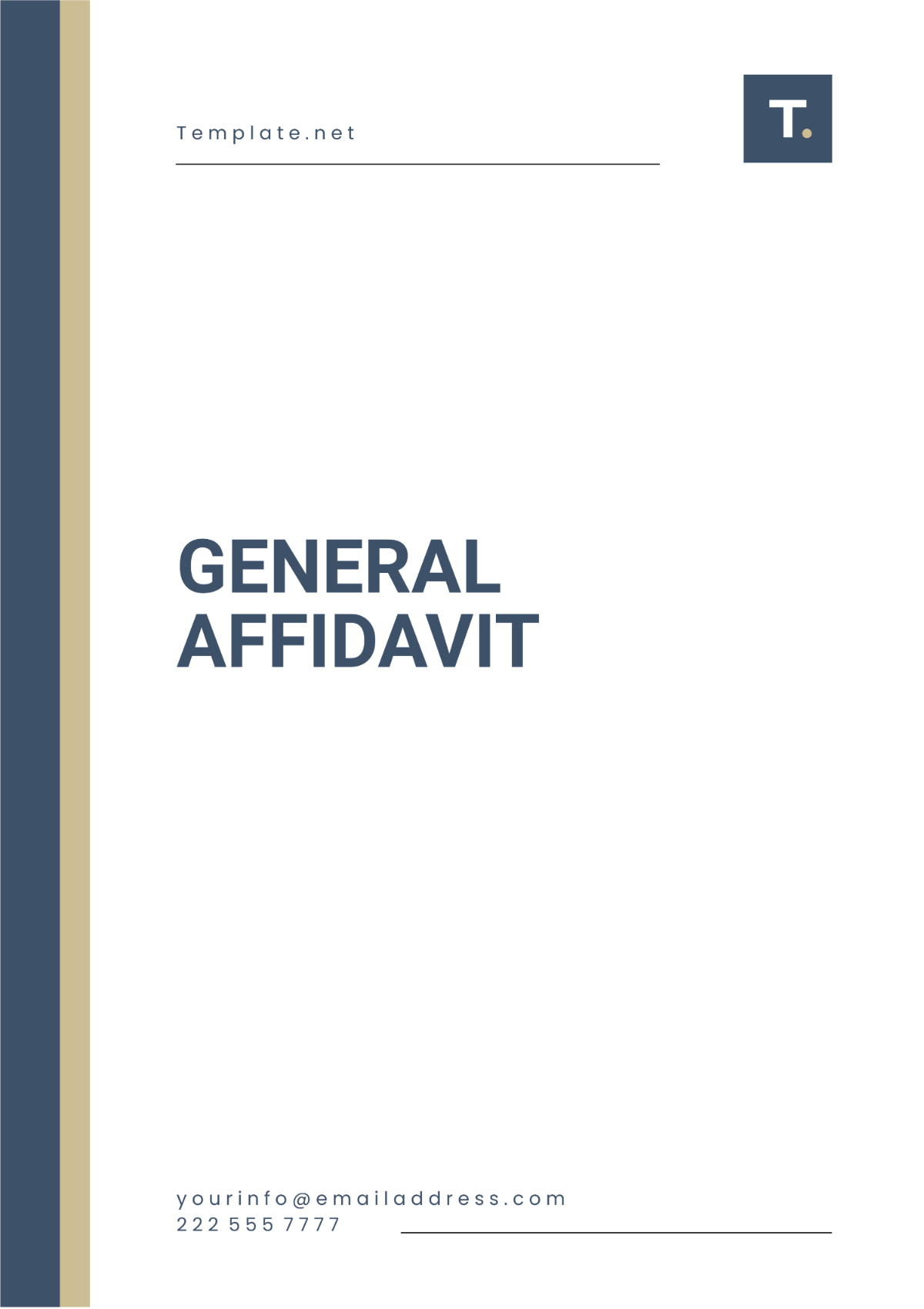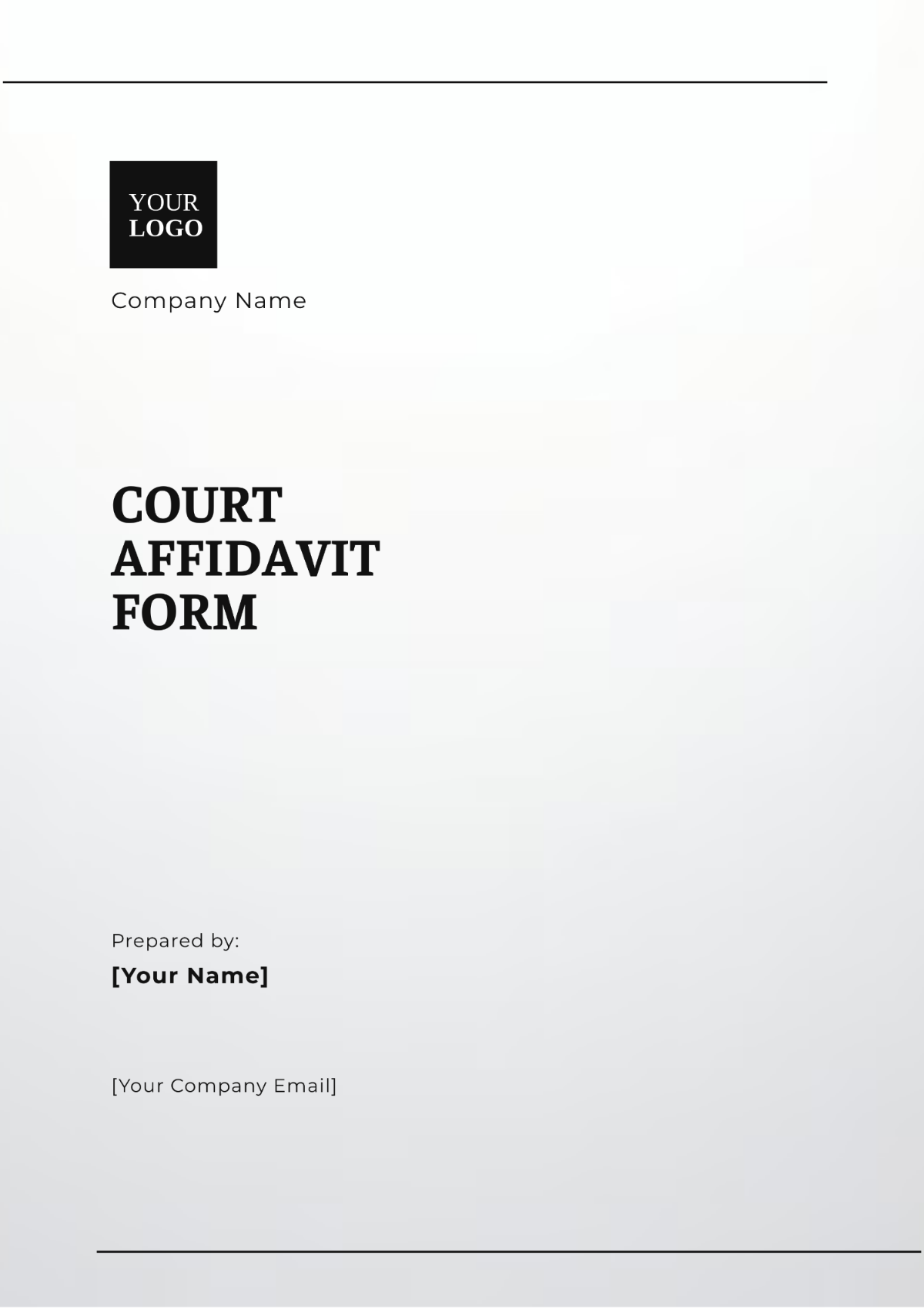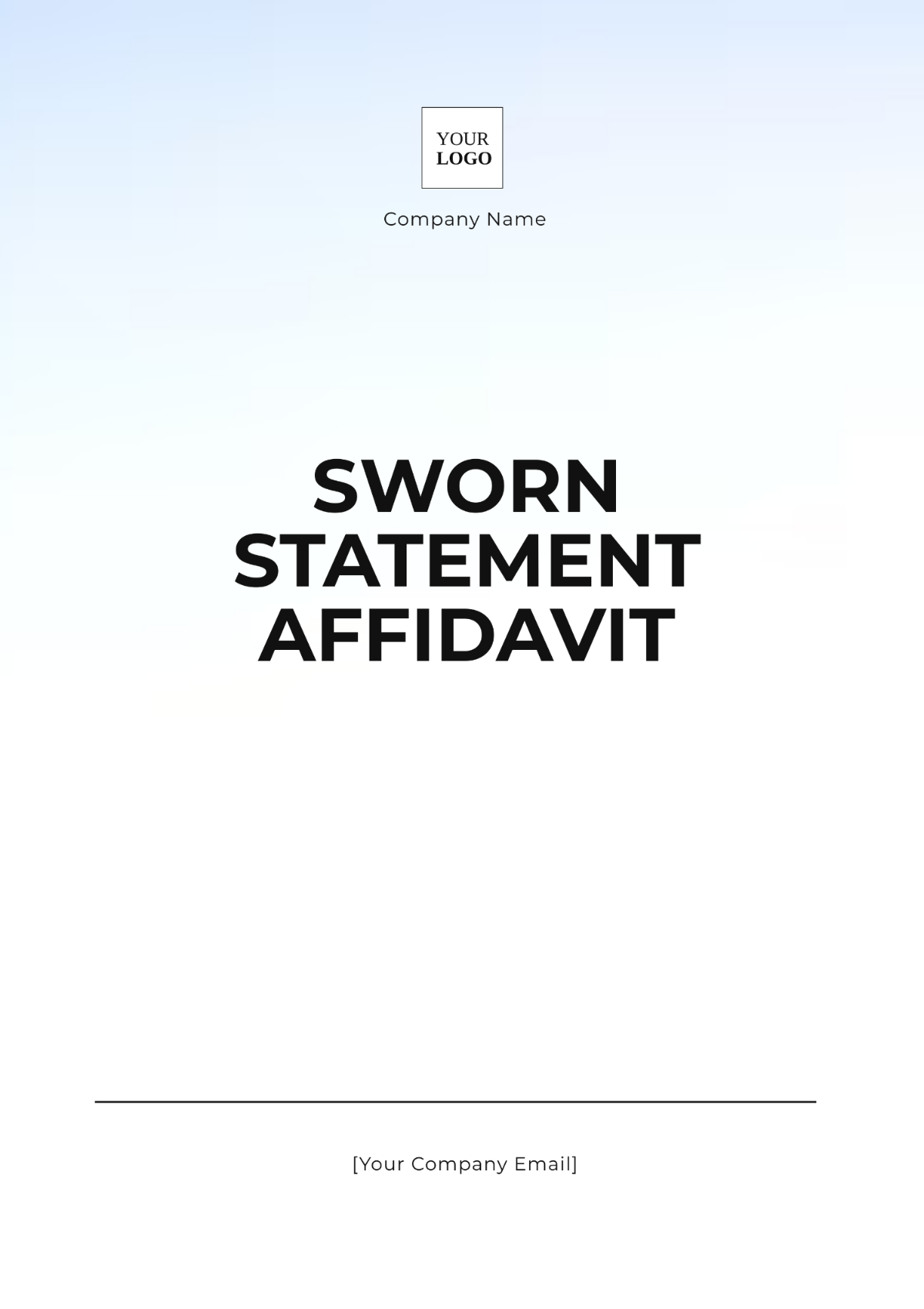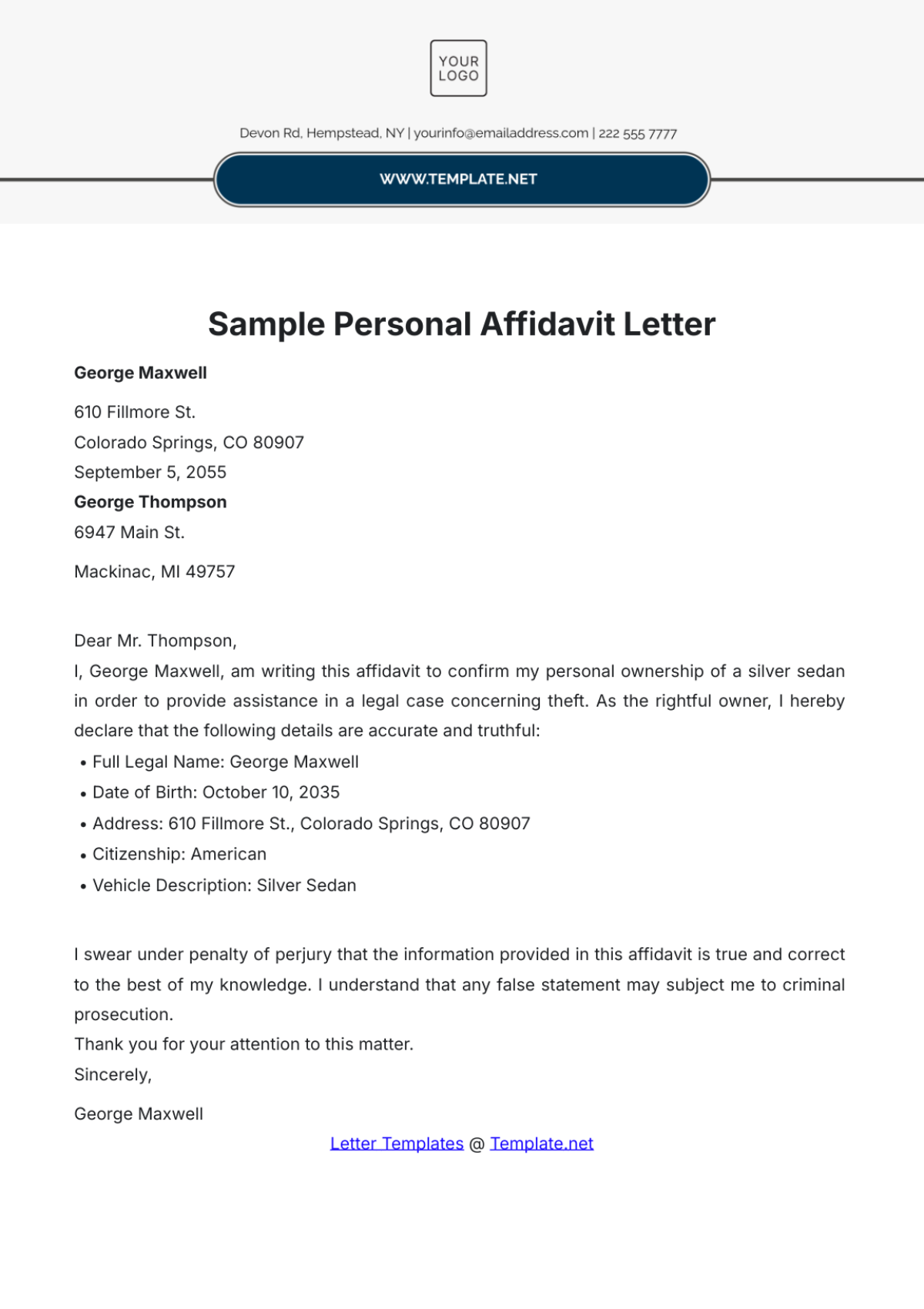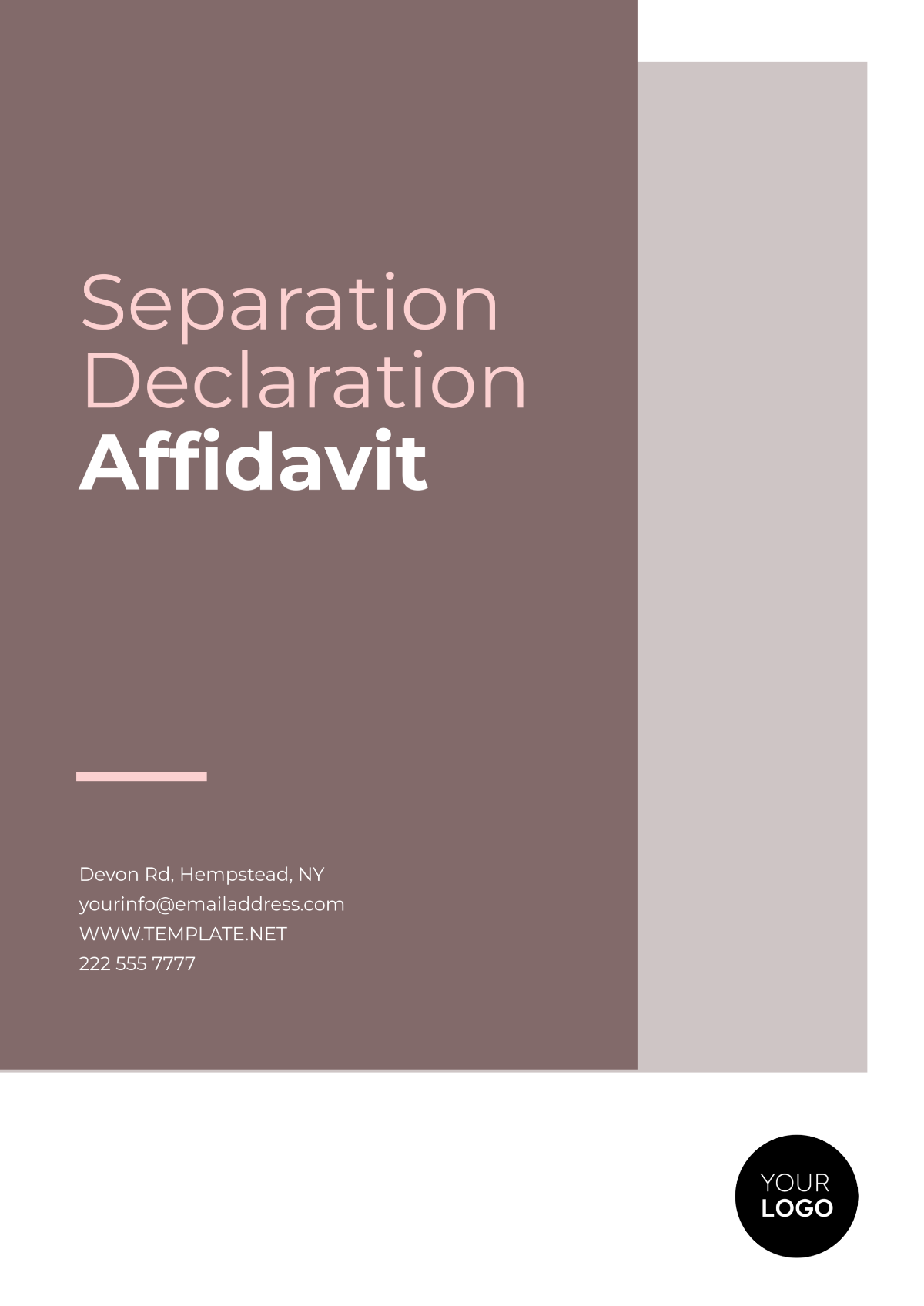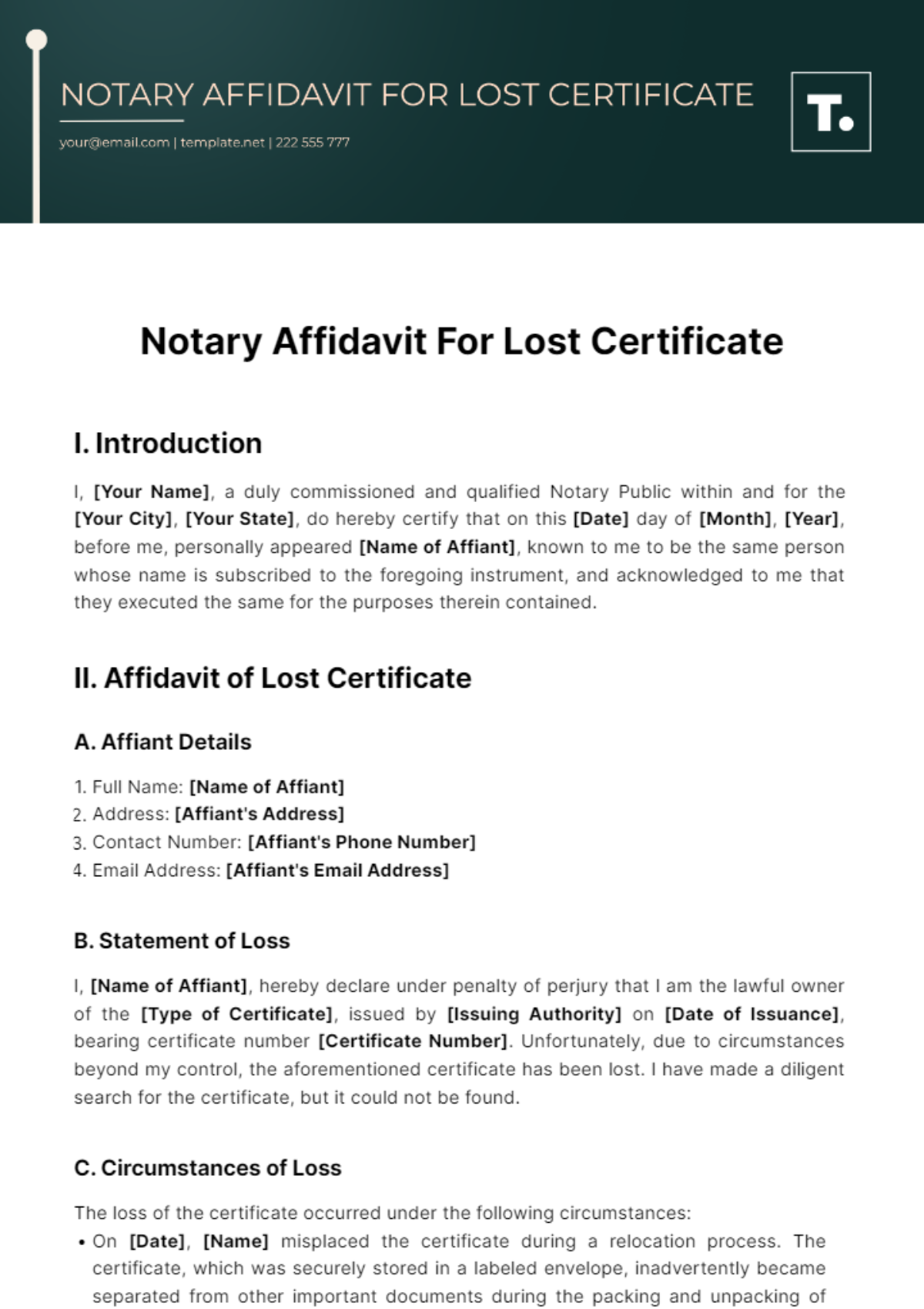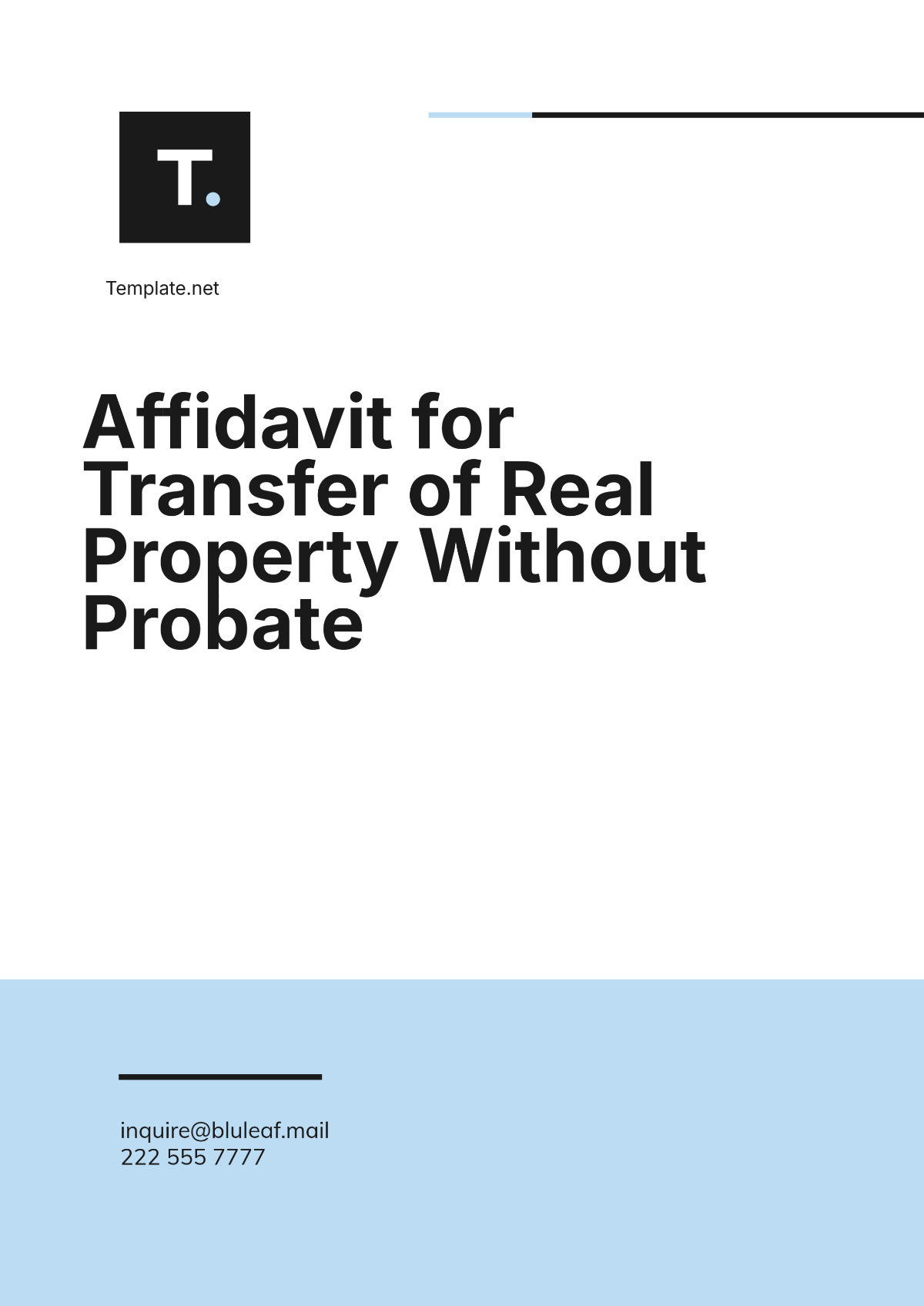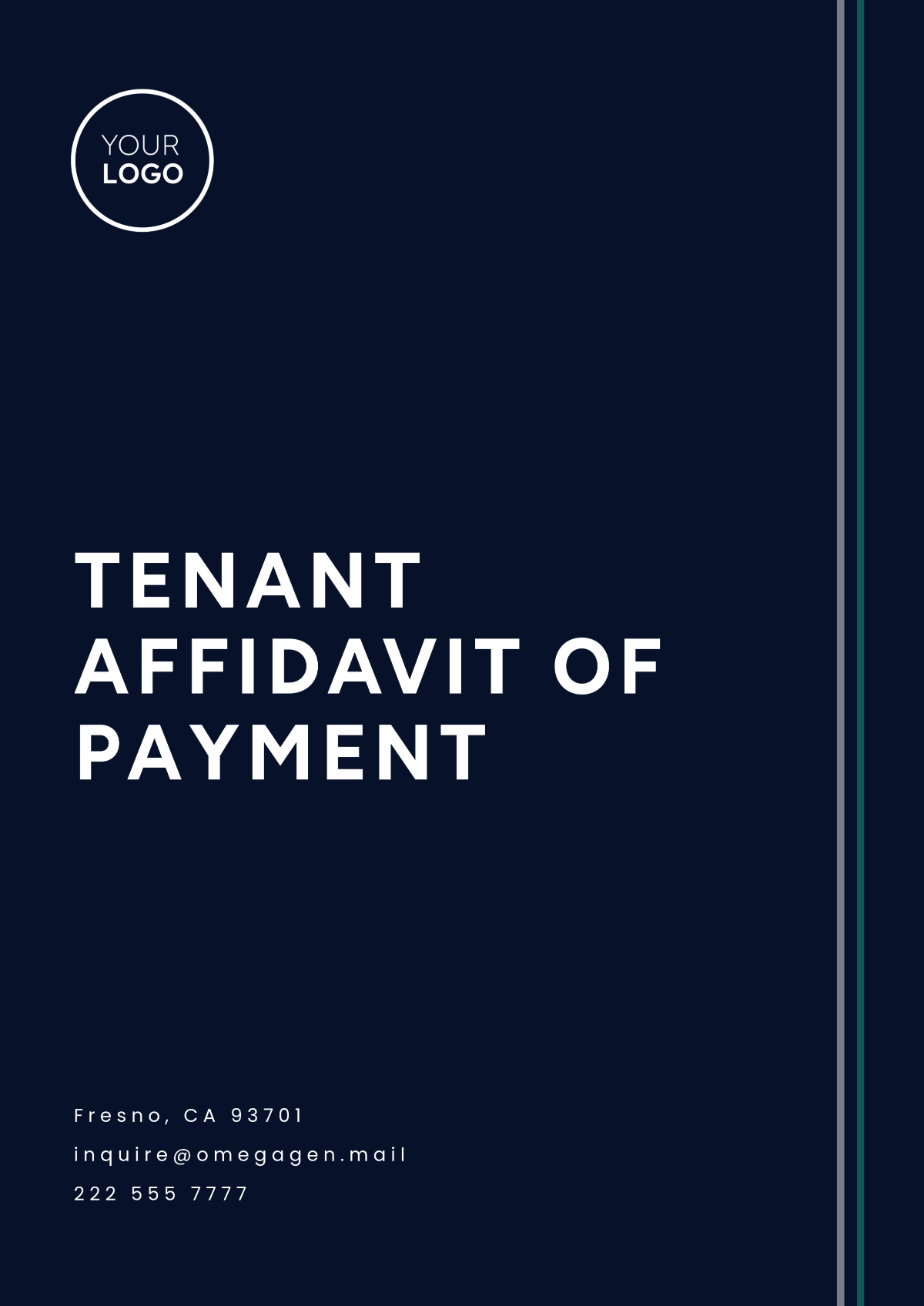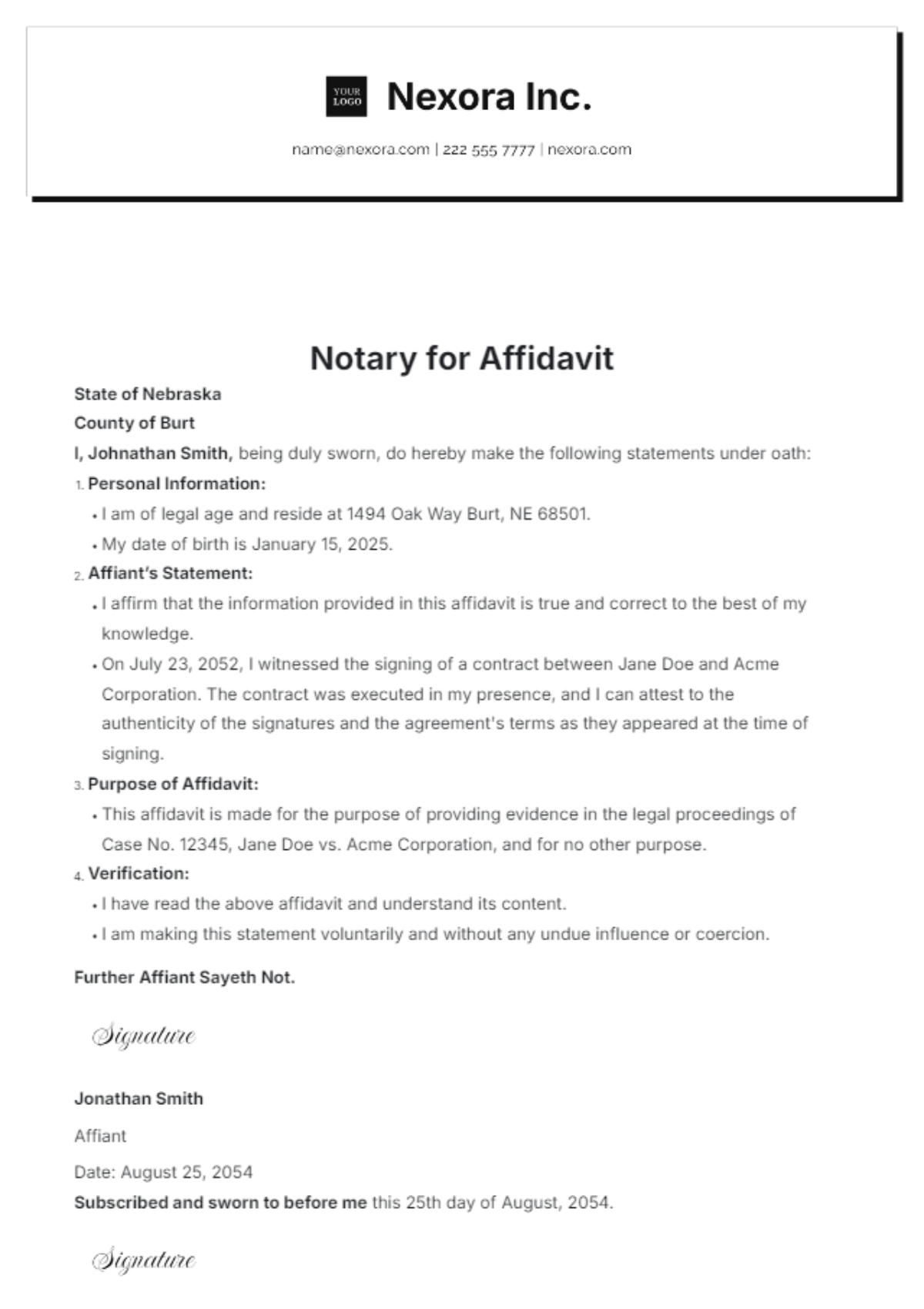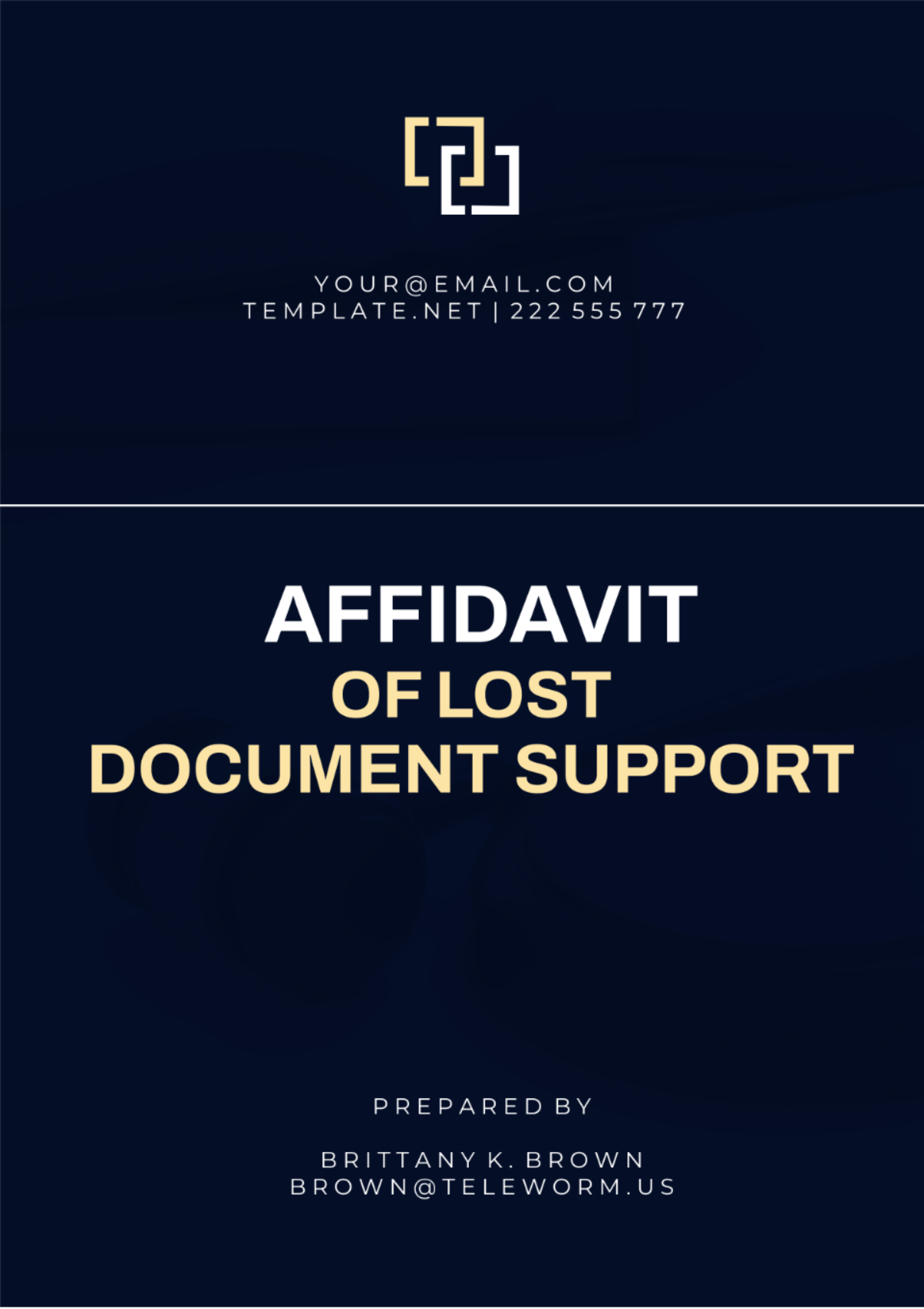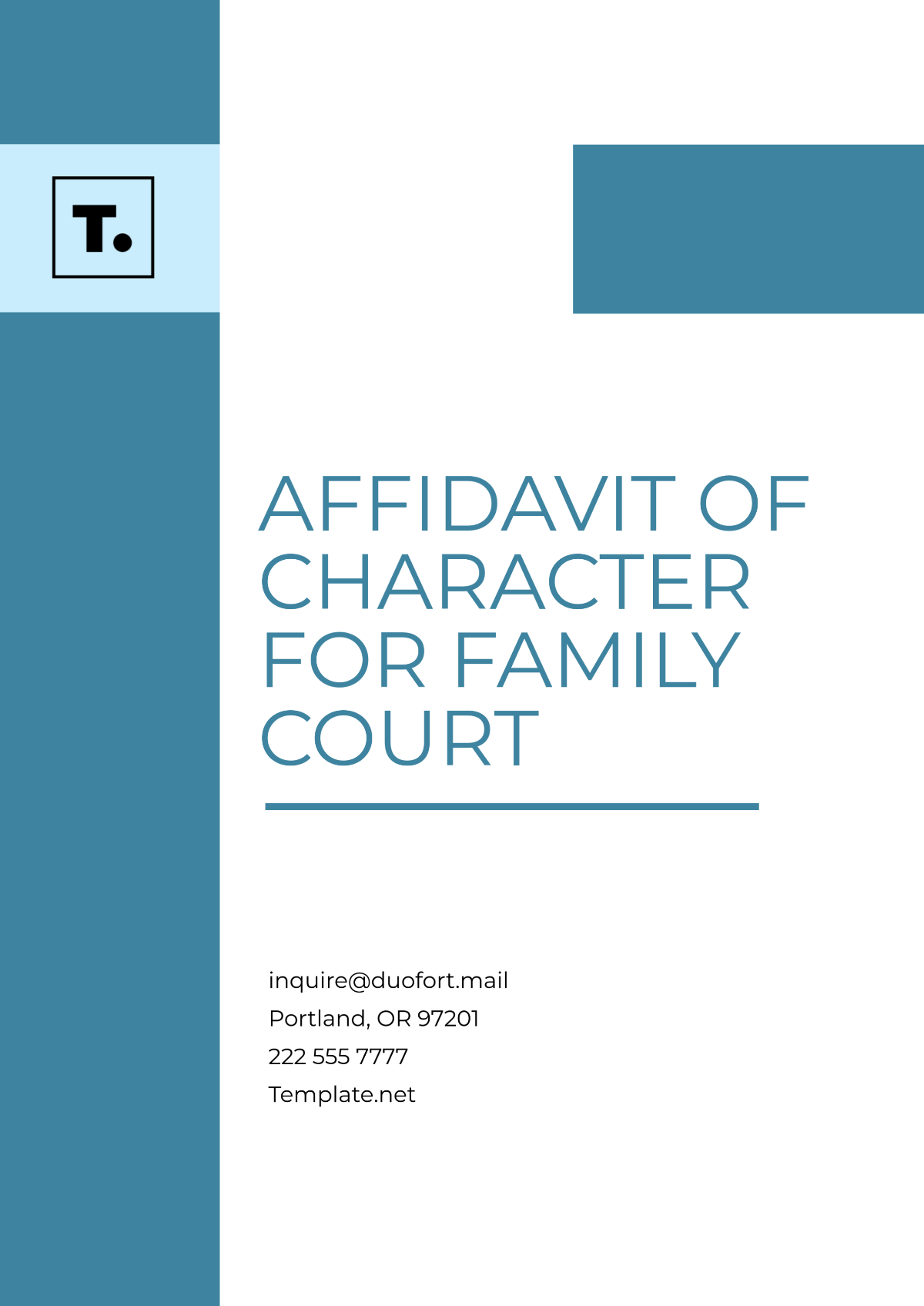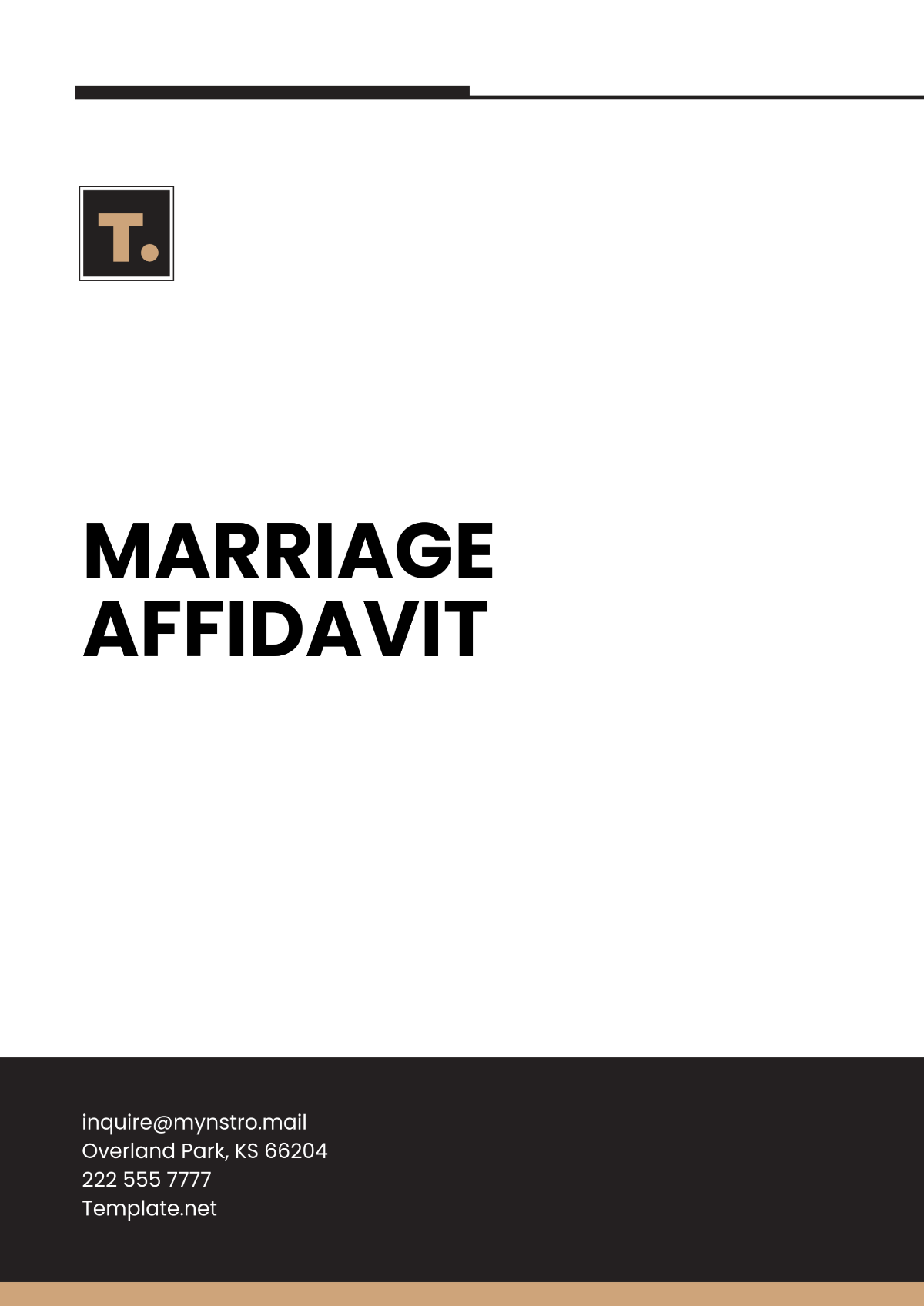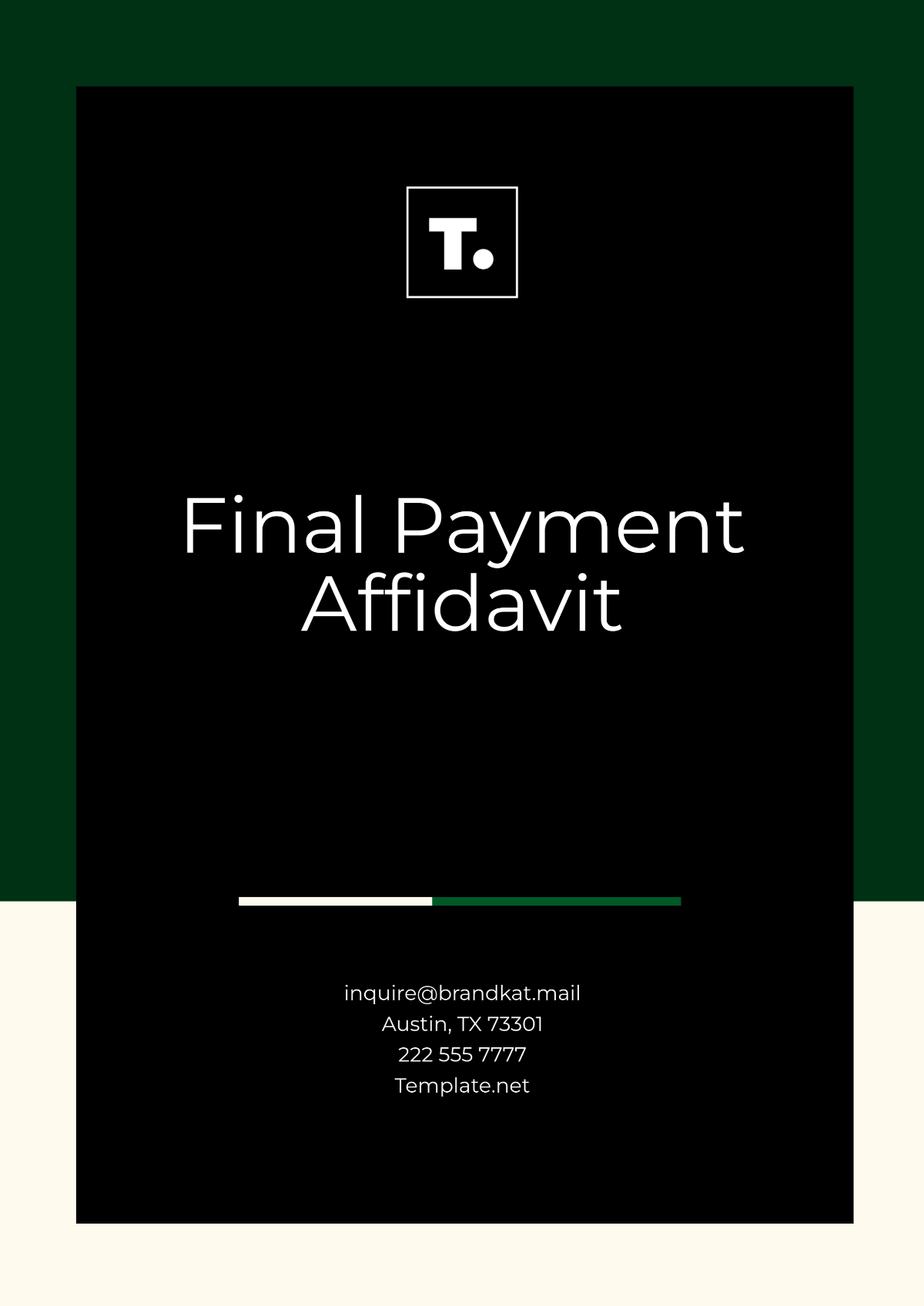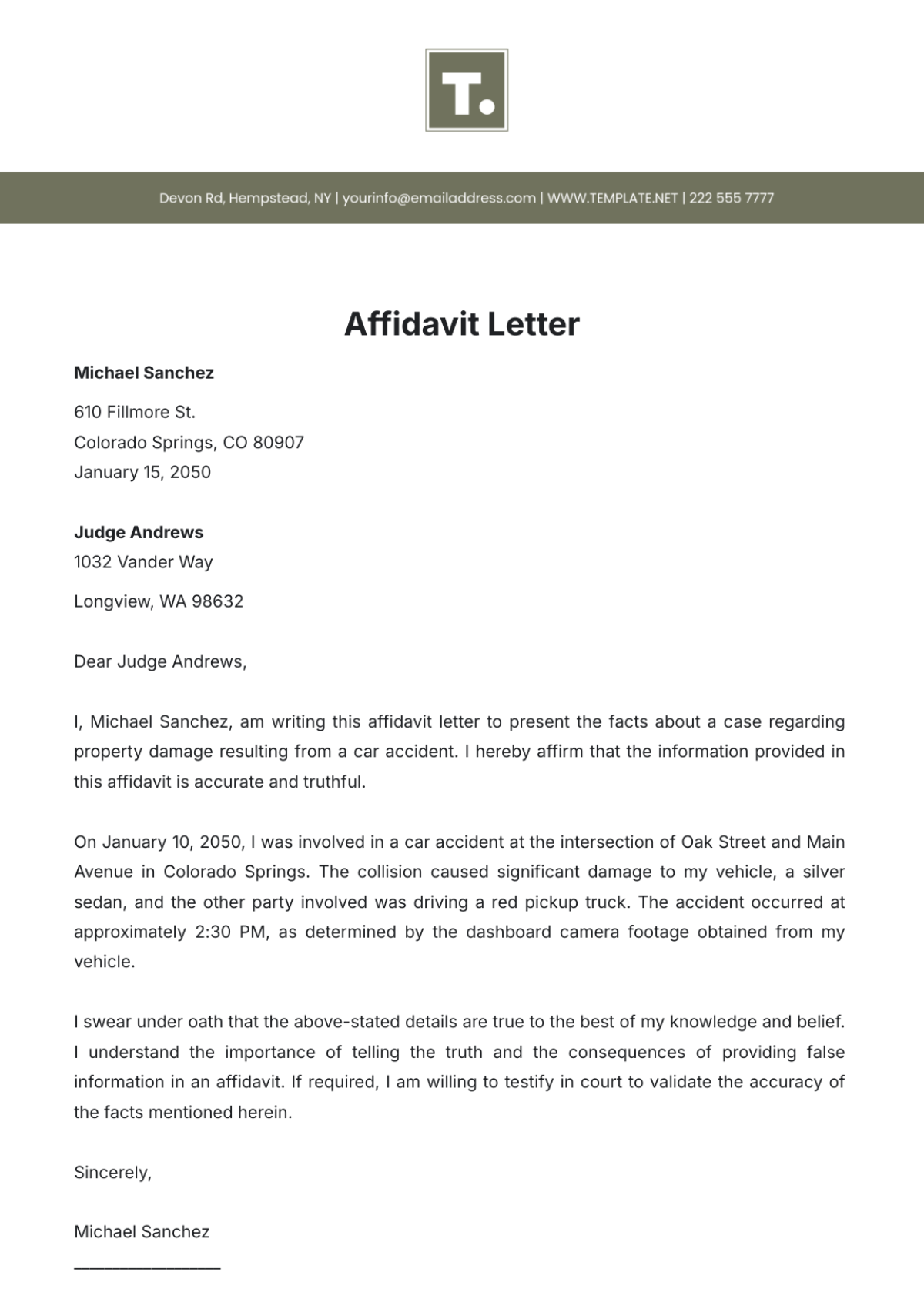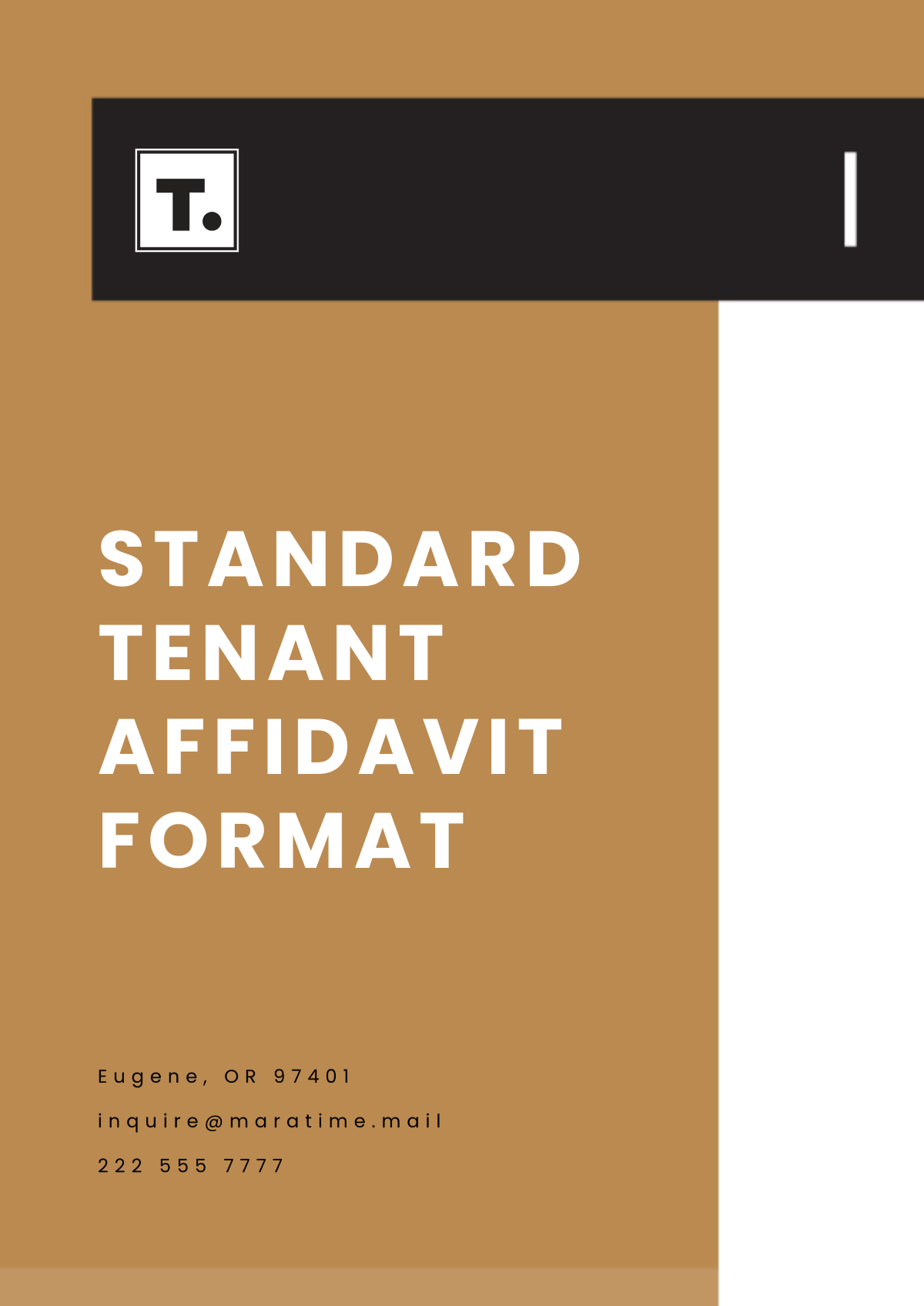How to Write an Affidavit of Character
Date: December 10, 2050
Written by: [Your Name]

I. Understanding an Affidavit of Character
An affidavit of character is a legal document used to vouch for an individual's reputation, morals, and overall demeanor in various contexts, such as legal proceedings, employment, or immigration.
It serves as a sworn statement affirming the trustworthiness and good standing of the person it concerns. Typically written by someone who has known the subject for a significant period, the affidavit is an essential tool in establishing credibility.
Purpose and Importance
Affidavits of character are often required in the following situations:
Court cases: To provide testimony about the character of a defendant or witness.
Job applications: To offer a formal character reference for candidates.
Immigration processes: To affirm an applicant's moral integrity.
II. Key Components of an Affidavit of Character
Creating a detailed character affidavit demands meticulous attention and compliance with legal requirements. Here is an outline of the key components:
Section | Description |
|---|---|
Title | Clearly states it is an "Affidavit of Character." |
Declarant’s Information | Includes the full name, address, and contact details of the person writing the affidavit. |
Introduction | Briefly state the purpose of the affidavit and the relationship between the declarant and the subject. |
Character Description | Provides specific, honest, and relevant descriptions of the subject’s character traits. |
Affirmation of Truth | Includes a sworn statement affirming the truthfulness of the content. |
Signature and Date | The declarant signs the affidavit in the presence of a notary public. |
Notary Section | Contains the official seal and signature of a notary to validate the document. |
III. Writing Tips for an Effective Affidavit
Know Your Audience
Tailor the tone and content of the affidavit based on its purpose. For instance:
Legal affidavits should use formal language and include facts over opinions.
Professional references may incorporate traits like reliability, leadership, and teamwork.
Be Specific
General statements like “Dell Stokes is a good person” are less impactful than detailed examples. For instance:
“During the five years I have worked with Dell Stokes at [Your Company Name], they have consistently demonstrated integrity by volunteering for community service projects and mentoring new employees.”
Use Professional Formatting
An affidavit of character should have a professional appearance to enhance its credibility. Follow standard formatting practices:
Use single spacing within paragraphs and double spacing between sections.
Apply a clear, legible font like Times New Roman, 12 pt.
Align all content to the left margin for simplicity and uniformity.
IV. Example Framework for an Affidavit of Character
Here is a sample structure to inspire your drafting process:
Affidavit of Character
Declarant's Information:
Name: [Your Name]
Address: [Your Company Address]
Email: [Your Company Email]
Contact Number: [Your Company Number]
Introduction:
"I, [Your Name], of [Your Company Name], declare the following facts to the best of my knowledge and belief."
Character Description:
"I have known Dell Stokes for 10 years as a colleague at BrandVibe. Throughout this time, Dell Stokes has exemplified unwavering integrity, professionalism, and empathy, as demonstrated by..."
Affirmation of Truth:
"I swear under penalty of perjury that the statements contained in this affidavit are true and correct to the best of my knowledge."
Signature and Date:
 Date: December 10, 2050
Date: December 10, 2050
Notary Section:
Seal and signature of notary public
V. Common Mistakes to Avoid
Lack of Specificity
Avoid vague statements. Instead, include examples like, “Dell Stokes spearheaded a community outreach program, positively impacting over 300 local residents.”
Omitting Essential Sections
Ensure no critical element, such as the notary's section, is overlooked.
Failing to Proofread
Errors can undermine credibility. Always review the affidavit for typos, grammar mistakes, and factual inaccuracies.
Conclusion
Crafting an affidavit of character requires careful thought and attention to detail. By including comprehensive information, specific examples, and professional formatting, you can create a powerful document that effectively supports its intended purpose.
